How to Register a Brand Name
17 Apr, 2024
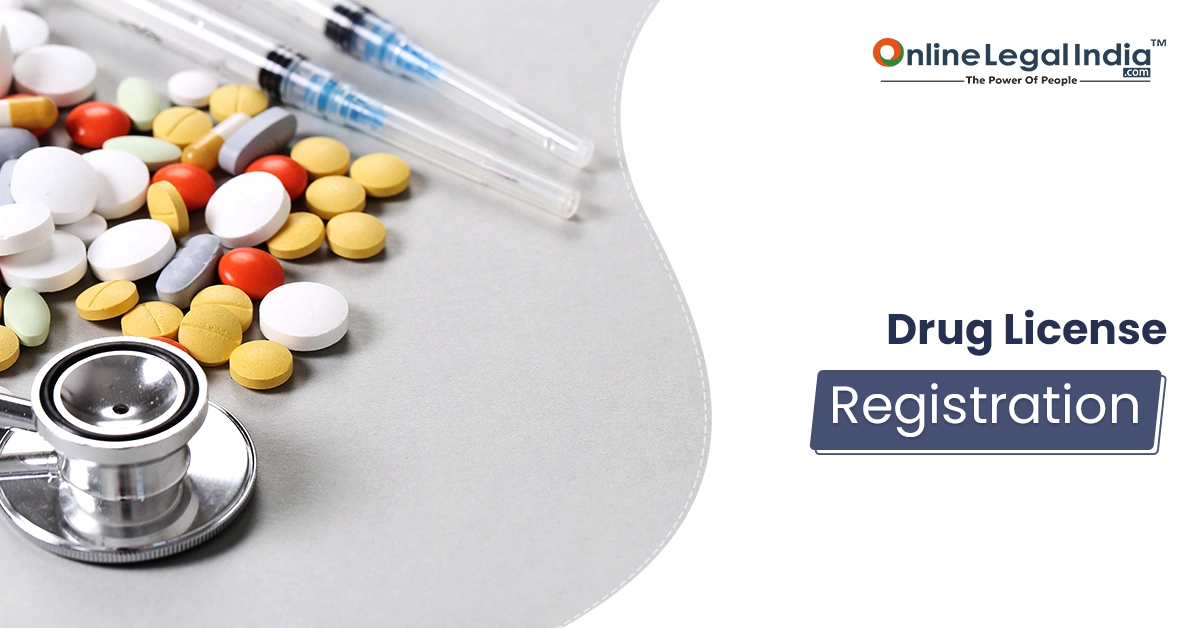
 By Online Legal India
Published On 29 Nov 2022
Updated On 05 Jan 2023
Category Drug
By Online Legal India
Published On 29 Nov 2022
Updated On 05 Jan 2023
Category Drug
The basic objective of any government is to ensure that everyone has equal and fair access to pharmaceuticals and medicine. However, the ability to make and sell pharmaceuticals and medicines must be granted with caution. As a result, the government has strict standards in place for issuing Licenses to manufacture and distribute pharmaceuticals and medication. The Drugs and Cosmetics Act of 1940 oversees the whole medication manufacturing and distribution process in India.
Individuals' access to medications and pharmaceuticals must be controlled and regulated to guarantee that such items are not abused or misused. Thus, under the Medicines and Cosmetics Act of 1940, all pharmacists, distributors, retailers, producers, sellers, dealers, and importers of medications, cosmetics, Ayurveda, Siddha, and Unani drugs are required to get a drug License.
The drug license's objective is to give authority to organisations or individuals to participate in drug and cosmetics-related industries. In India, no company or individual can run a medication, medicine, or cosmetics business without first acquiring a drug license registration.
The 1940 Pharmaceuticals and Cosmetics Act and the 1945 Drugs and Cosmetics Rules assist the government in regulating and monitoring the quality of drugs marketed in India. The government has jurisdiction over medications from the raw material stage to when they are sold to a patient or customer by a pharmacist in a retail pharmacy, hospital, or dispensary.
The government also exercises control over elements such as the import and export of medications, the sale of pharmaceuticals to minors, the use of category H and X substances, and so on, which need careful monitoring and implementation. The Governing drug authority grants the drug License under the Drugs & Cosmetics Act of 1940.
Based on the definition of "drug," the pharmaceutical industry in India requires the following Licenses:
A license granted to a company that manufactures medications, including allopathic and homoeopathic medicines.
A permit to sell narcotics. It is divided into two parts: - Wholesale Drug License - Retail Drug License
Retail license - A retail license is necessary for selling pharmaceuticals at retail. A retail sale is the sale of drugs or cosmetics for end-user consumption. Retailers can sell it to a dispensary, hospital, educational, medical, or research facility. This license is required for retailers selling medications, cosmetics, stand-alone pharmacies, Ayurveda stores, etc.
A license granted to a company that does not possess a production unit but uses the facilities of another licensee.
A license is provided to any dealer who imports products for drug production or imports drugs into India.
A license awarded to a company that has pharmacies with the same name in various states.
Another key necessity is space, namely the size of the pharmacy/unit. The pharmacy/unit should be 15 square metres in size for both wholesale and retail Licenses. It should be 10 square metres in the case of a retail and medical store. The clean height of the premises of the sale should be as per the National Building Code of India.
In the event of a retail firm, the pharmacist must be qualified. A graduate with one year of experience or an undergraduate with four years of experience is required for a wholesale business.
Another crucial necessity is storage space; because some pharmaceuticals must be stored at low temperatures, freezers and air conditioners are required.
The retail pharmacy personnel must be knowledgeable and experienced. The wholesale pharmacy staff must be a graduate with at least one year of experience or an undergraduate with four years of experience.
The drug controlling authority, also known as the drugs controller under the Drugs and Cosmetic Act, is responsible for issuing various drug license registrations. The following are the governing drug authorities (license authorities):
State Drugs Standard Control Organization (SDSCO) - Issues permits for state-regulated drug sales, distribution, and manufacturing.
Central Drugs Standard Control Organization (CDSCO) - In charge of approving and issuing Licenses for newly manufactured drugs as well as clinical drug studies. It also oversees the quality of imported medications and works with the SDSCO.
State Drug Controlling Authority - Issues permits for the establishment of blood banks and their components and goods, such as Vaccines, Sera, and so on, with permission from the Central License Approving Authority.
Ayush Department - Issues Licenses for Ayurveda, Unani, Siddha, homoeopathic, and herbal cosmetic and medicinal items.
The drug licensing authority or regulatory authority is in charge of issuing the drug license. Because each drug-controlling authority is responsible for issuing separate licenses, the applicant must apply to the corresponding drug-controlling authority depending on the license he or she requires (as stated above). The procedure for acquiring a drug license registration is as follows:
Because each drug regulating authority is responsible for issuing different drug Licenses, the applicant must visit the corresponding drug controlling authority (SDSCO, CDSCO, or Ayush) depending on the kind of License he/she is requesting for.
The applicant must submit the drug License application online through the website of the relevant drug governing body. The applicant must include all of the information requested on the application form.
Following the completion of the application form's data, the next step is to upload the documents and submit the form together with the relevant costs. Before submitting the application, the applicant must keep all papers up to date.
Following receipt of the application form, the drug Inspector will physically visit the firm premises, shop, or pharmacy to verify documentation and the accuracy of the information contained in the application.
The drug controller will grant the drug license after the drug inspector's examination and verification.
The Drugs and Cosmetics Act of 1940 specifies the method and requirements necessary for a drug License registration. The stated Act deals with drug laws and their sale or manufacturing, and the Rule is formed in accordance with it. Having a pharmaceutical business without a license is illegal. Any individual, LLP, partnership firm, OPC, or business can obtain a drug License. For this fssai license is also required. The license can be renewed for a period of up to five years.

How to Register a Brand Name
17 Apr, 2024
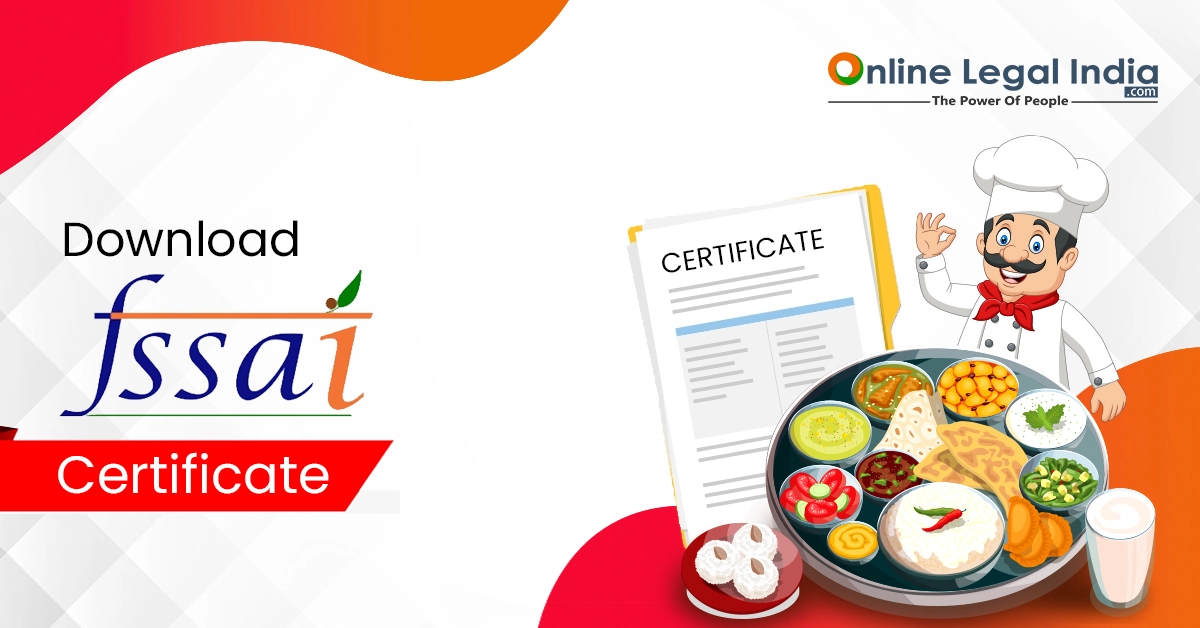
How Can You Download FSSAI Certificate?
15 Apr, 2024
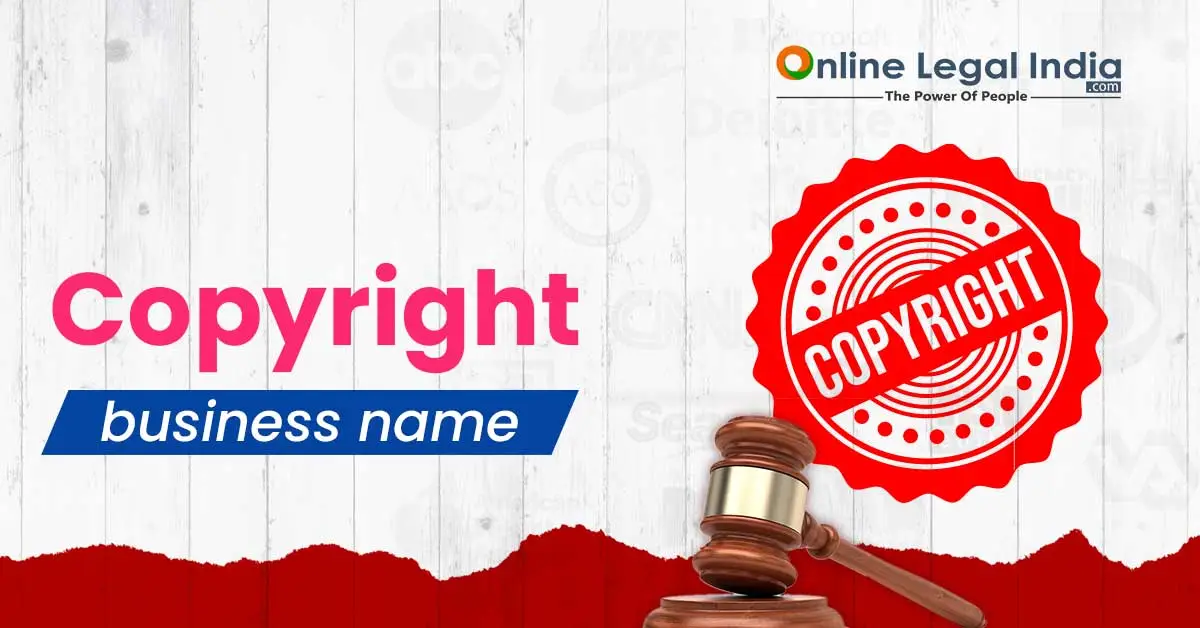
Copyright a Business Name Know the Procedure
13 Apr, 2024

Top 10 Law Firms in India
11 Apr, 2024

Top 7 Advantages of Trademark Registration
03 Apr, 2024
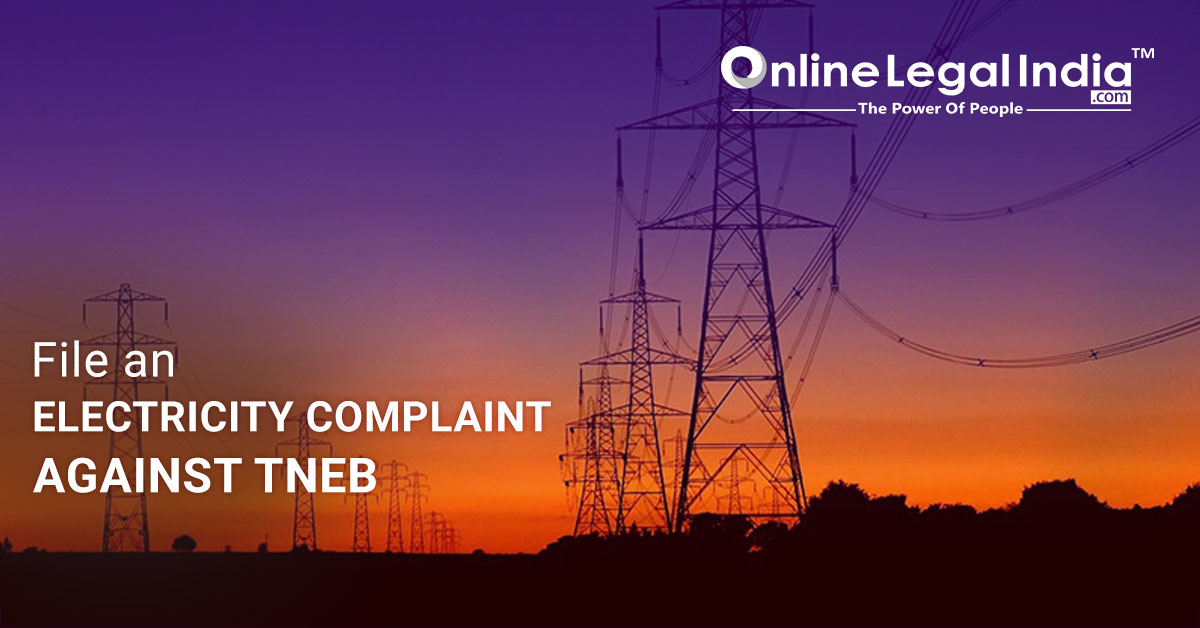
Consumer Complaint against Tamil Nadu Electricity Board TNEB
30 Nov, 2020

How to Take Legal Action against Mental Harassment in India?
07 Nov, 2020
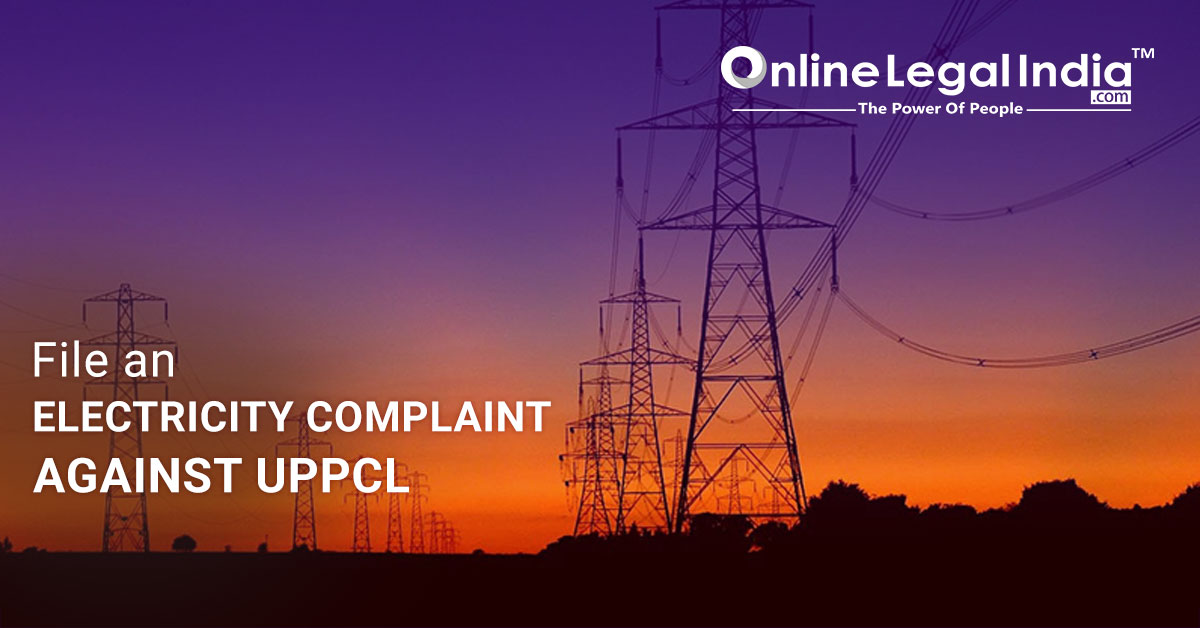
UPPCL Uttar Pradesh Power Corporation Ltd. Complaint Filing
19 Nov, 2020
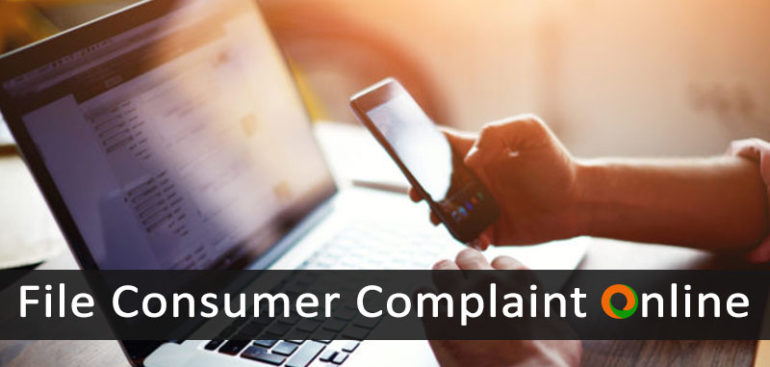
How to File a Complaint Online in Consumer Court in India
27 Nov, 2020
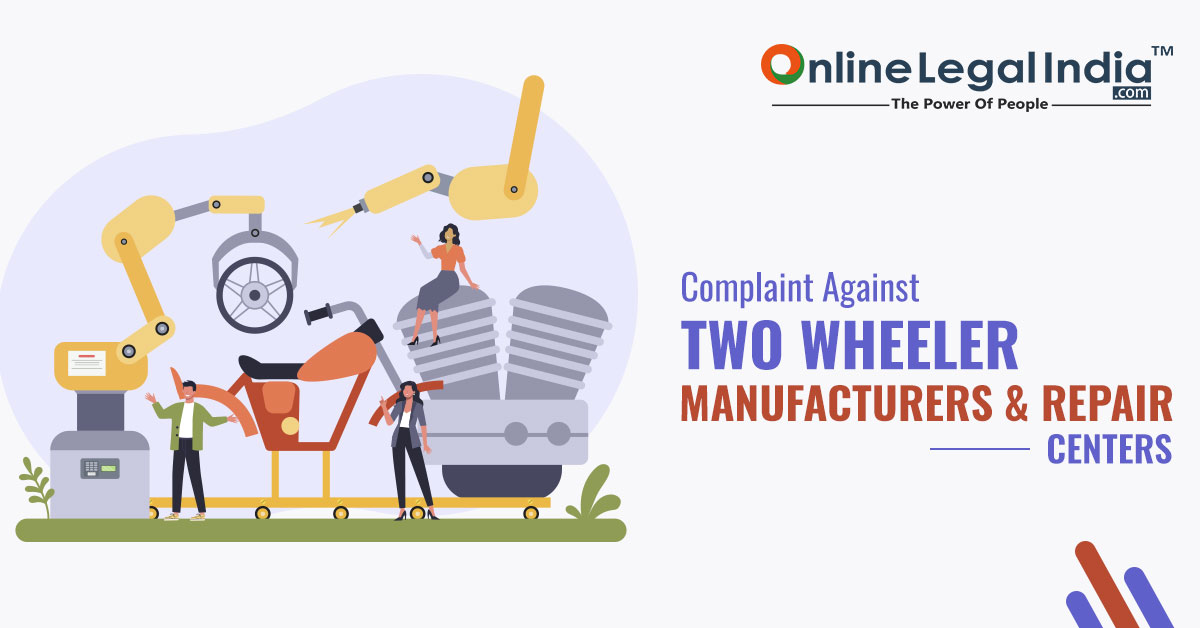
Online Complaint Filing against Hero Motocorp
04 Dec, 2020